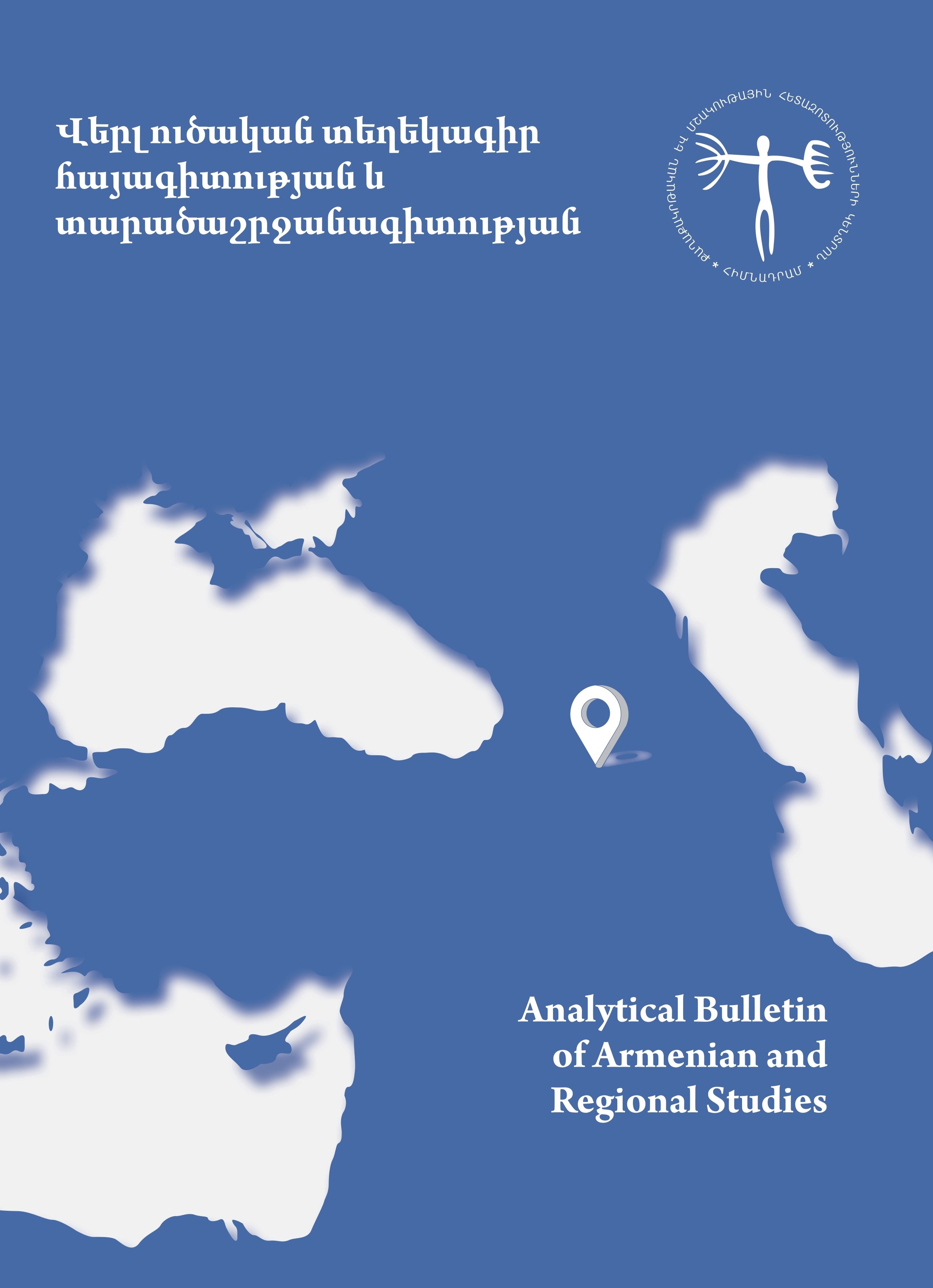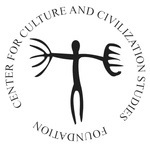Russian Foreign Policy Dynamics in the South Caucasus. Continuity and Existing Problems
##semicolon##
https://doi.org/10.56673/18294502-22.14-129##article.abstract##
History helps us to create a wider picture of the reality in which the South Caucasus exists now. That is why we are going to discover the influence of the Russian Imperial and Soviet eras on the states in the region and identify the causality of foreign policy relations between Russia and the South Caucasian states.
The main question is why neither Russia nor any of the individual South Caucasian states succeeded in developing an effective strategy towards each other despite their shared borders in the Russia-Azerbaijan and Russia-Georgia cases and being a proclaimed strategic partner in the case of Armenia? How did the Soviet period influence the current state of relations between Russia and the South Caucasian states? Those are the issues analyzed in this paper. International relations in the South Caucasus are convoluted because of their rich and complicated past, among other things. Over the centuries, interstate relations inside the region developed in unpredictable directions. Georgia was a real partner for Russia in the conquest of the Caucasus in the 19th century. Yet, since 1991, relations between Russia and Georgia have been tense at best. The proclaimed secular states of Azerbaijan, though mainly Shia, and Turkey, which is mostly Sunni, are now solid allies, whereas Armenia enjoys a relationship of trust with the Islamic Republic of Iran.
Turkey, Iran, and Russia are still the main external players in the region though they have, to some extent, even become “domesticated”. Except for a brief period of turmoil during the Bolshevik Revolution and the ensuing Russian Civil War, the entire Caucasus remained within the Russian sphere of influence until the collapse of the Soviet Union. Even now Russia continues to play a significant role in economy, energy and security policy in the South Caucasus.
##submission.downloads##
##submissions.published##
##submission.howToCite##
##issue.issue##
##section.section##
##submission.license##
##submission.copyrightStatement##
##submission.license.cc.by-nc4.footer##








